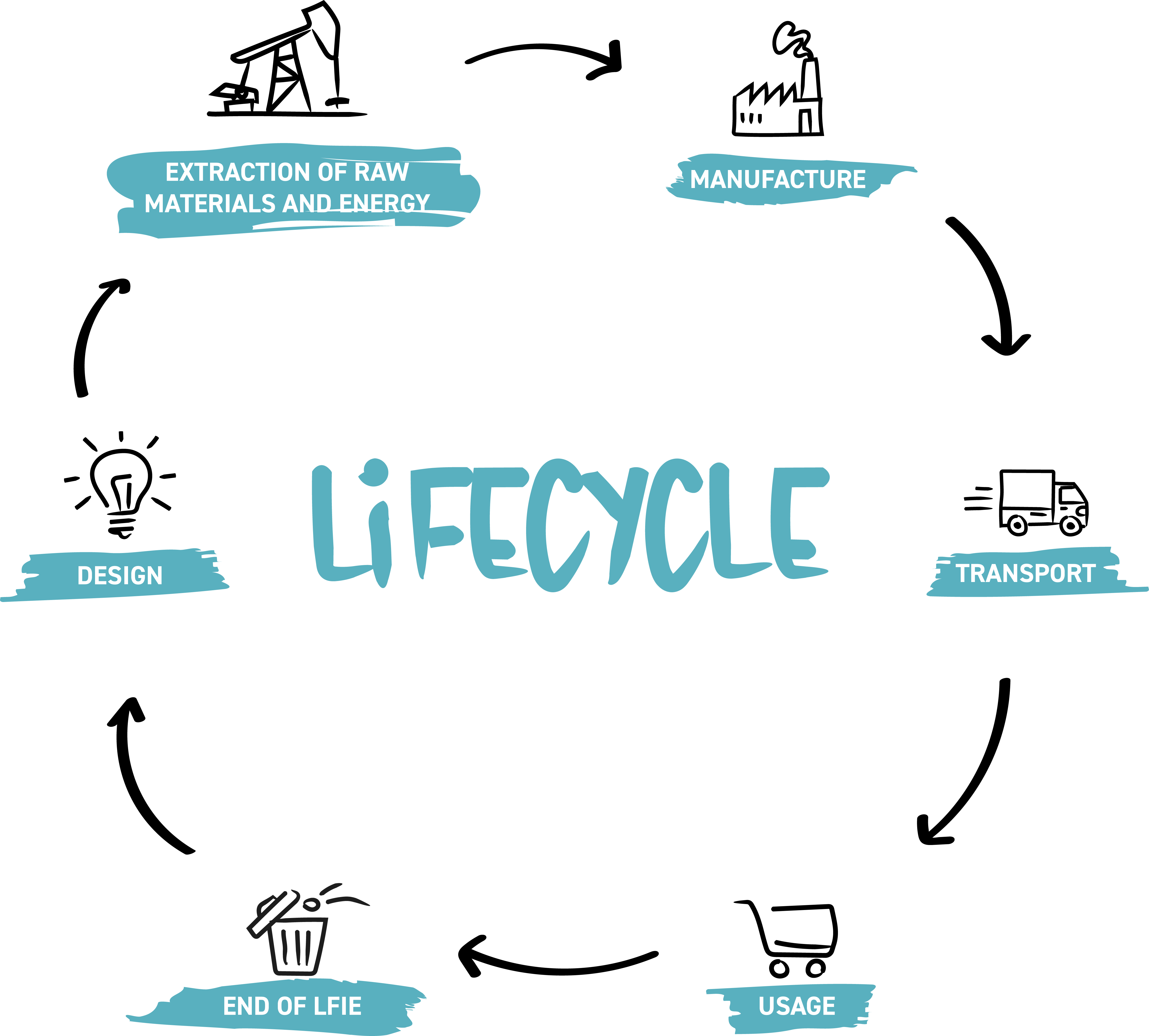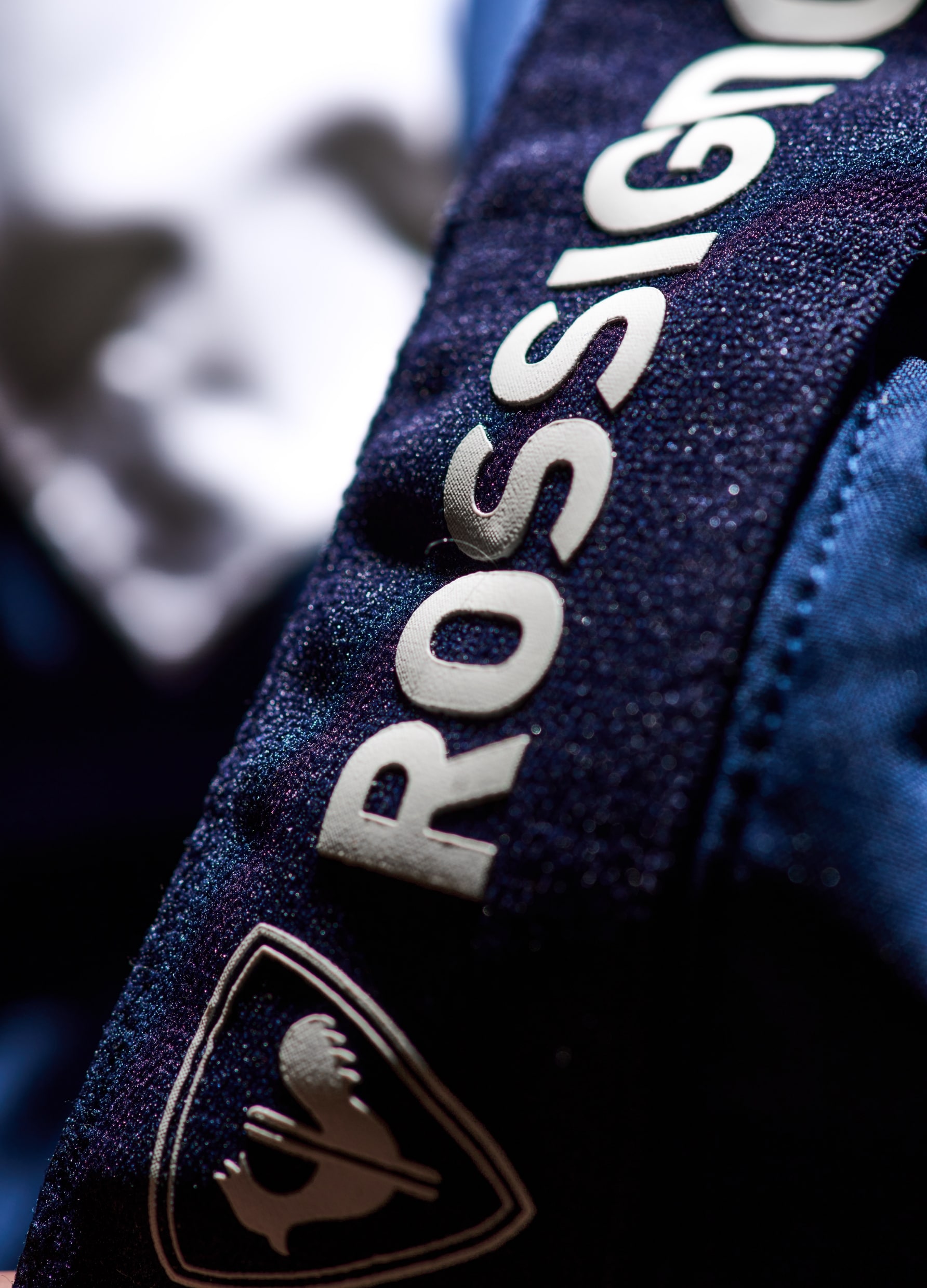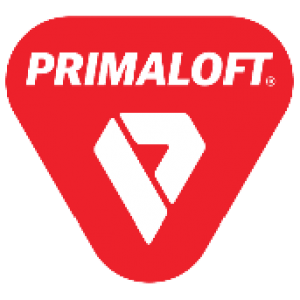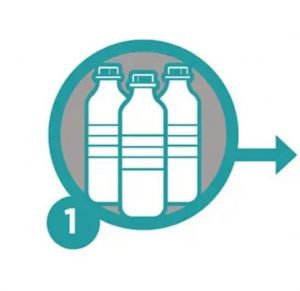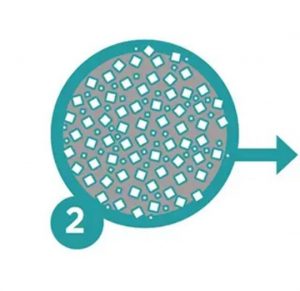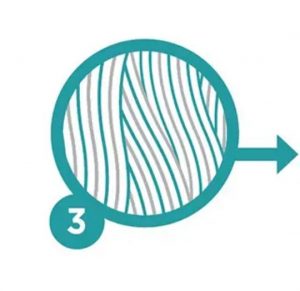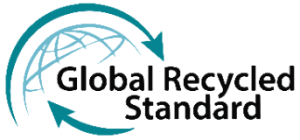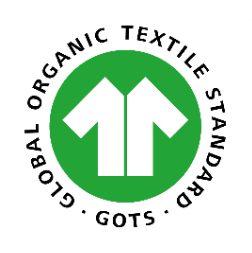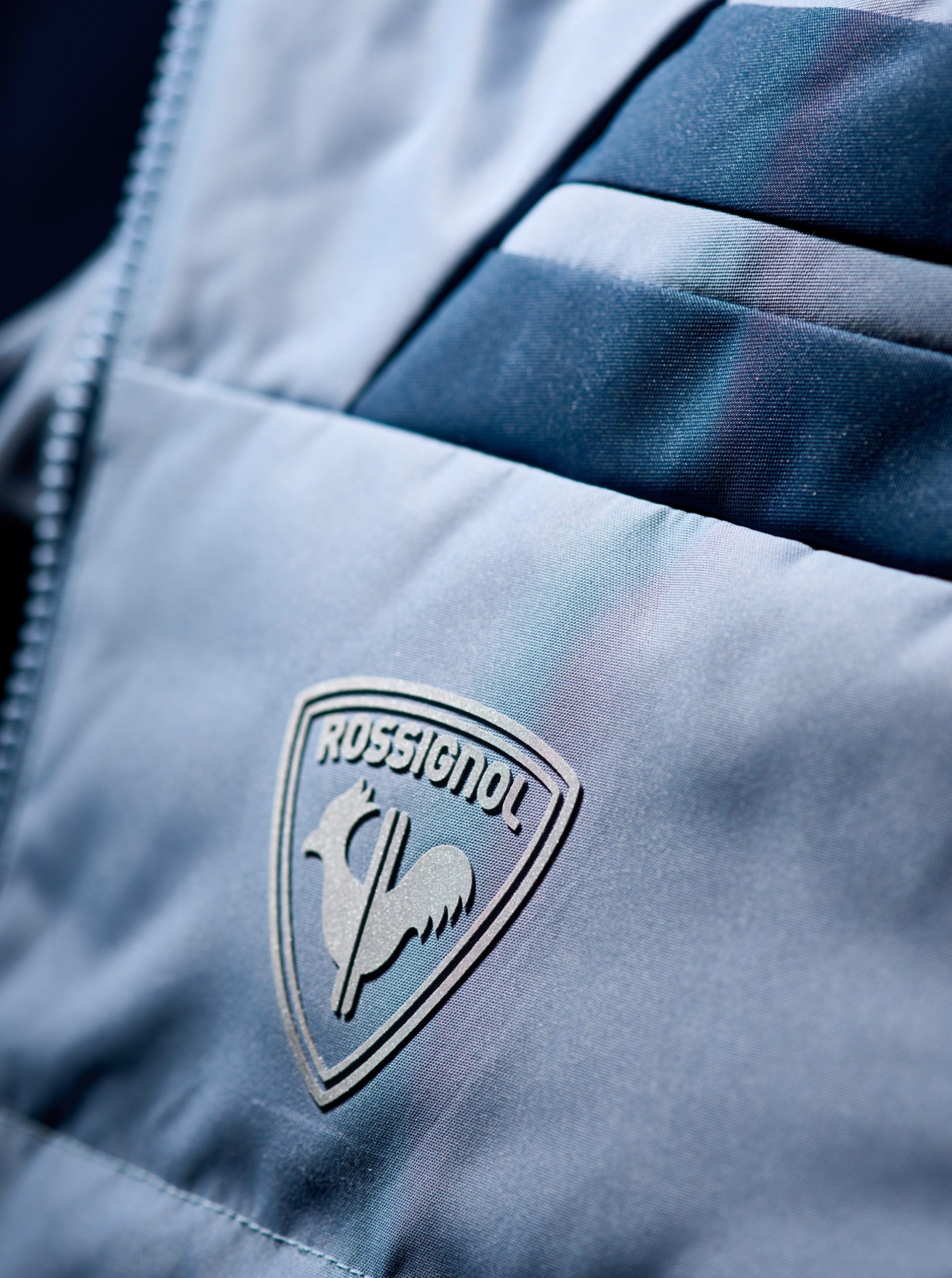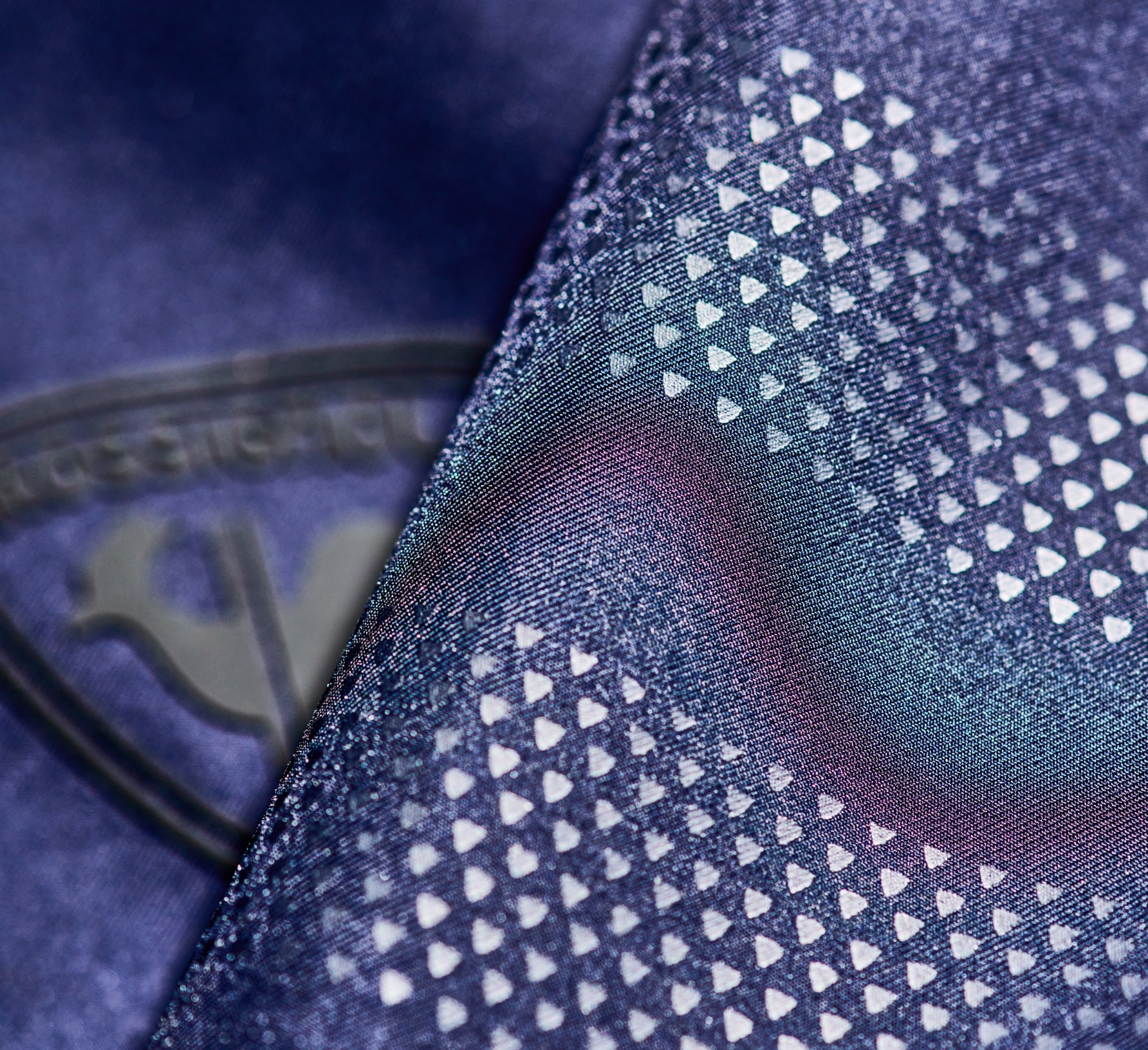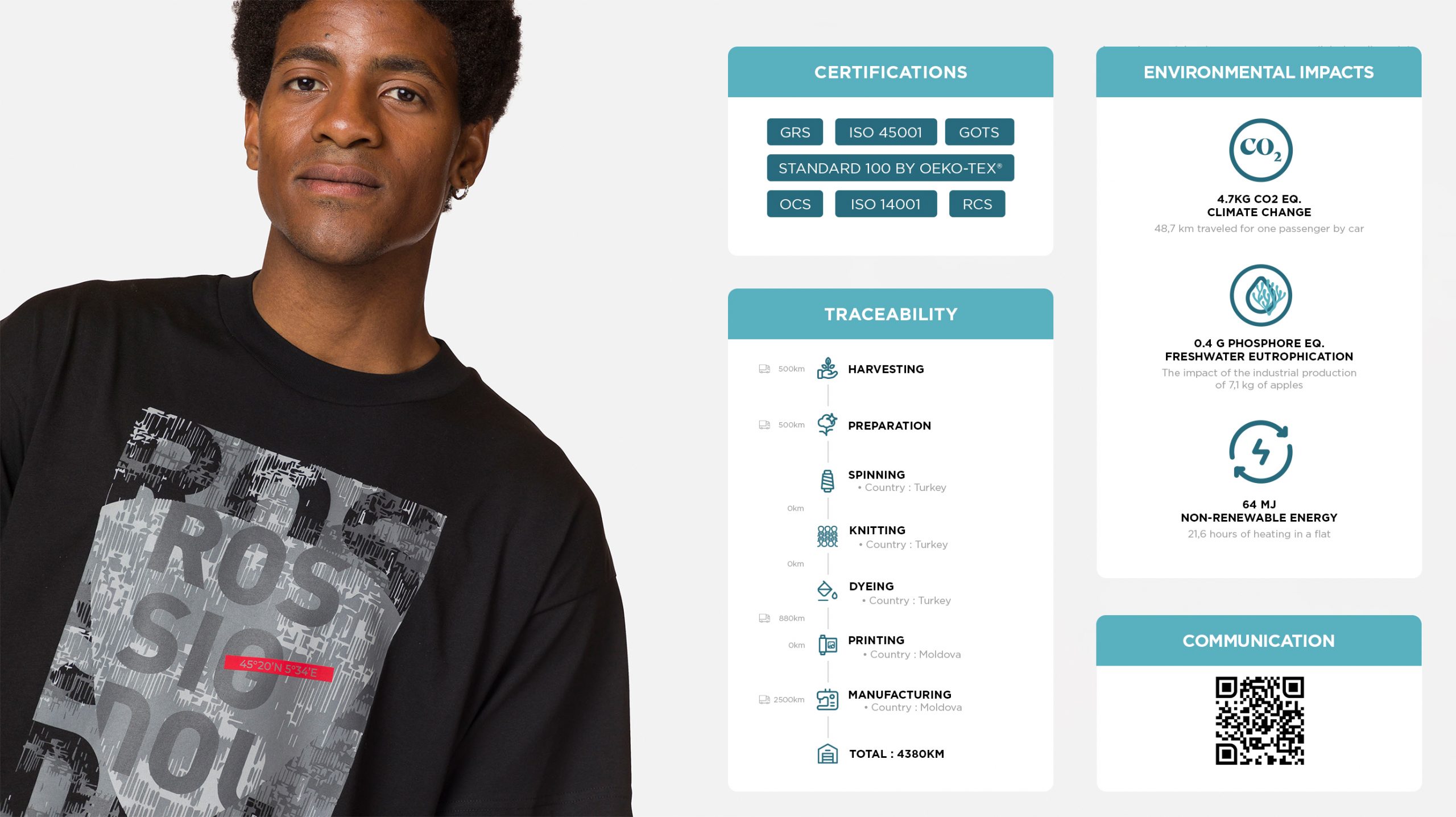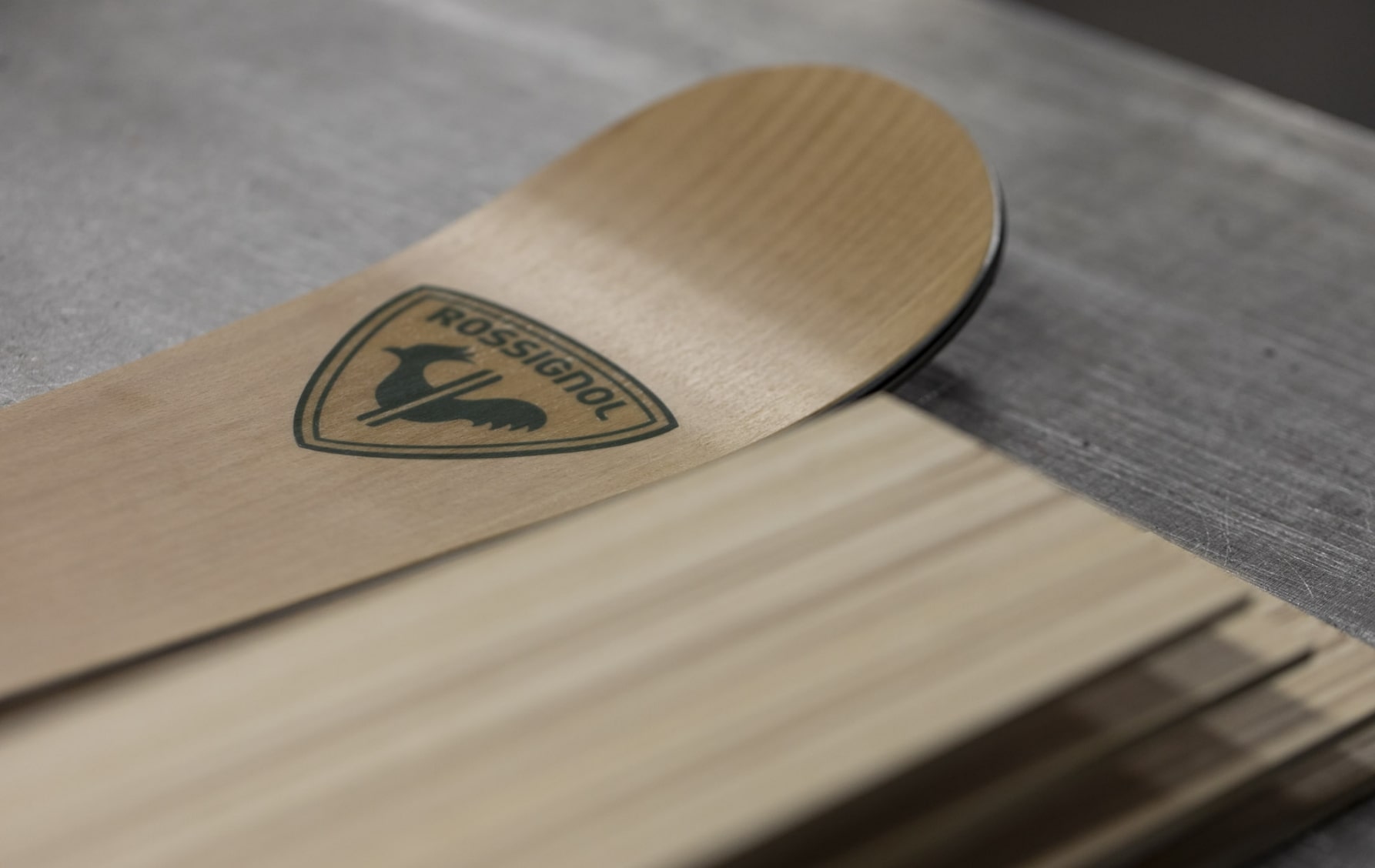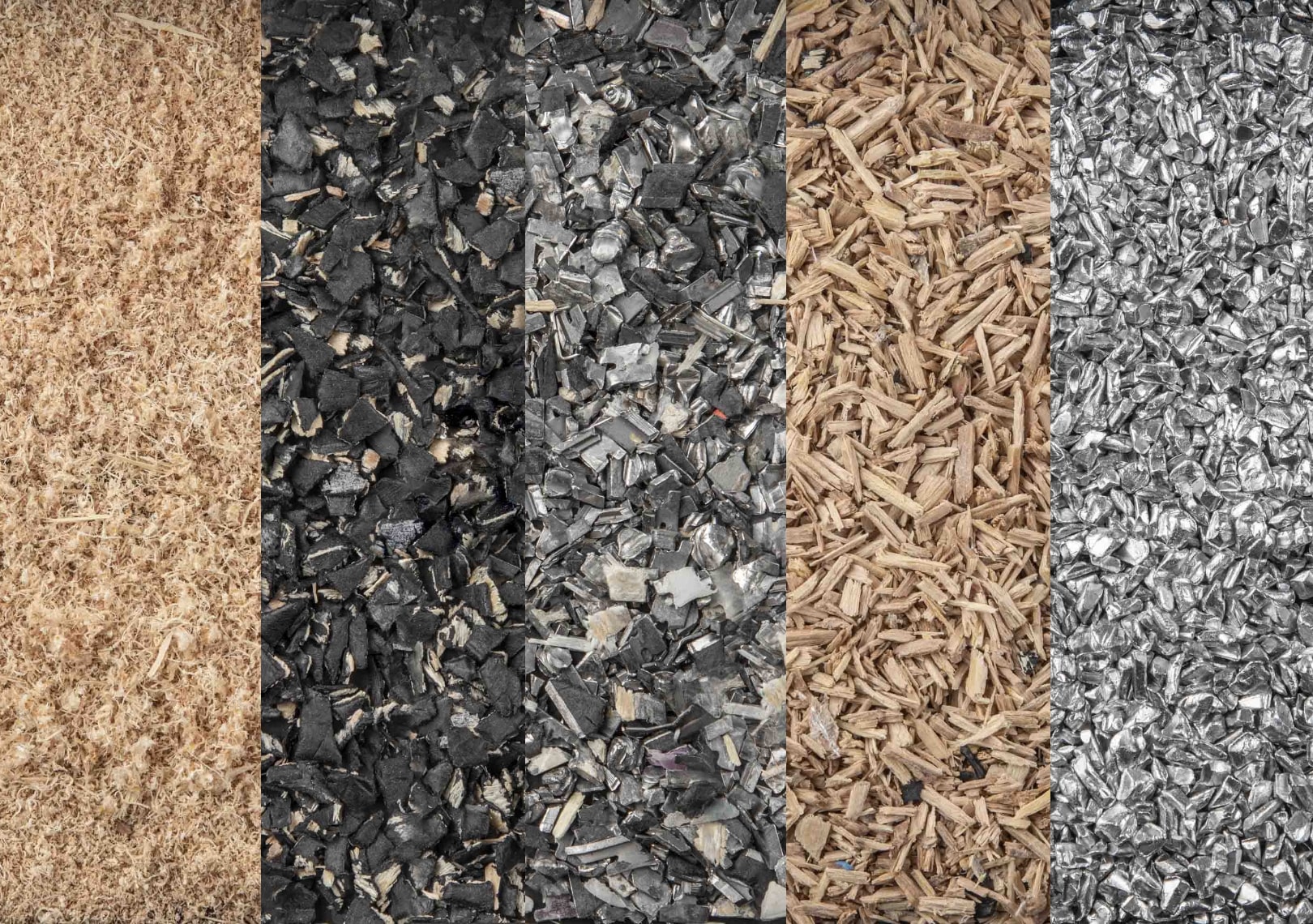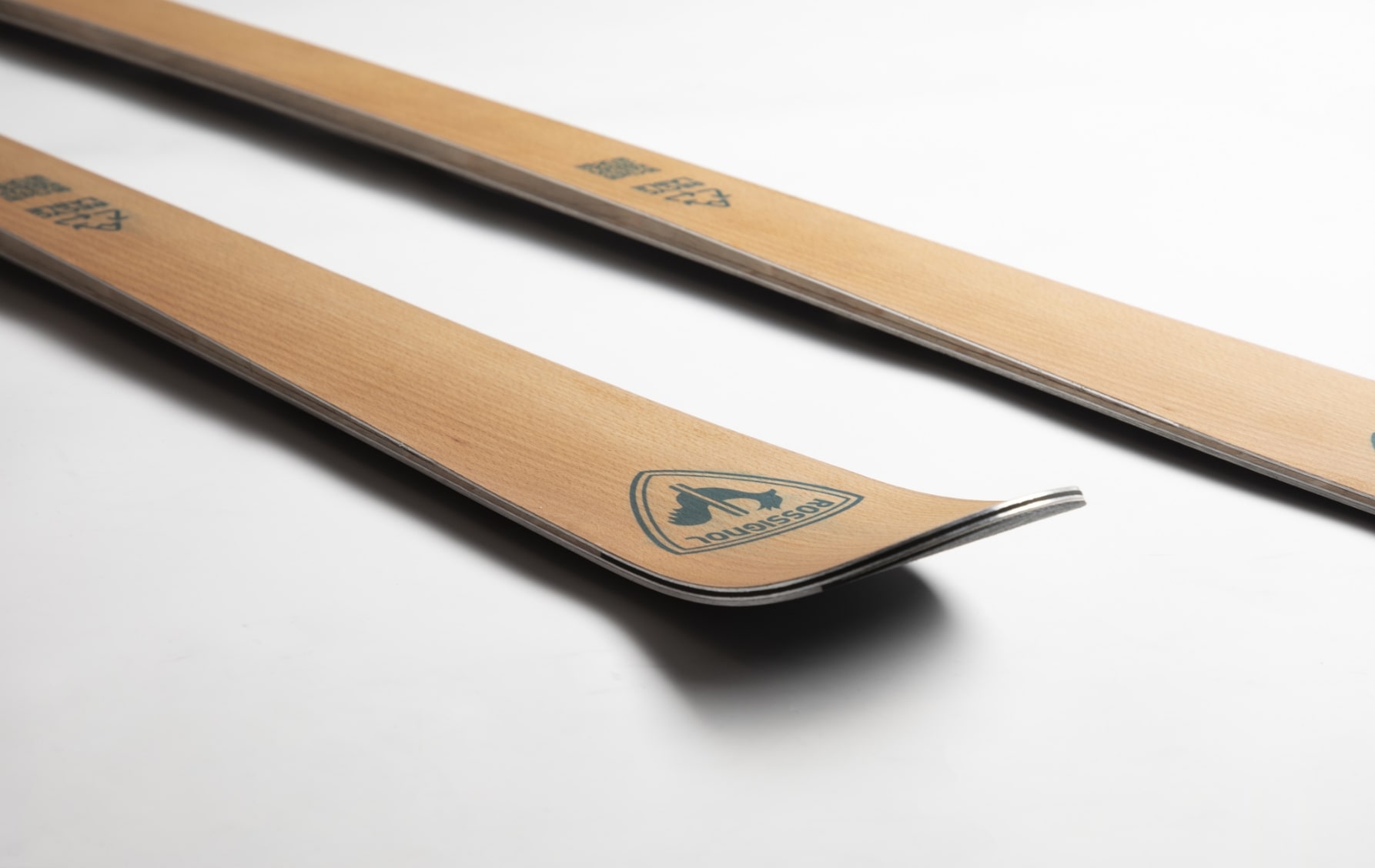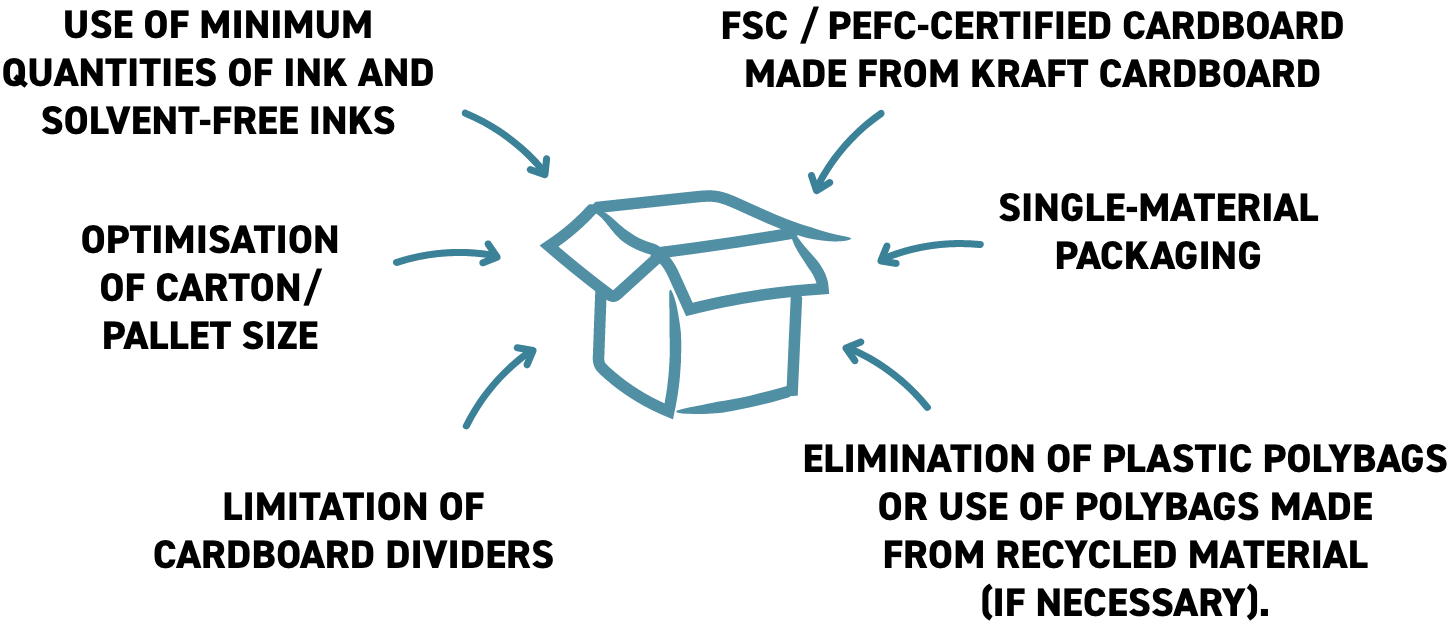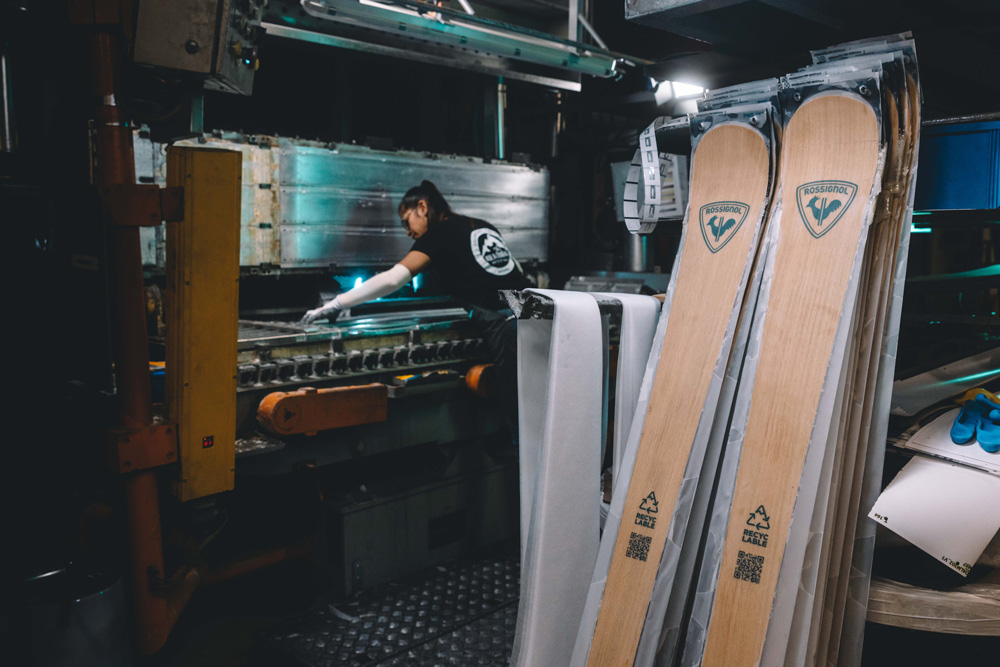In order to understand the environmental impact of our products, we have conducted Life Cycle Assessments (LCA) for them. These provide an essential starting point for making changes and improvements in the design and production of our ranges.
Life Cycle Assessment (LCA)
LCA is the most advanced tool for the global assessment of the environmental impacts of a product. It identifies and quantifies each stage throughout the life of a product. All stages are taken into account, from design, extraction of raw materials and energy, manufacturing, transport and use, to sorting and end-of-life.


